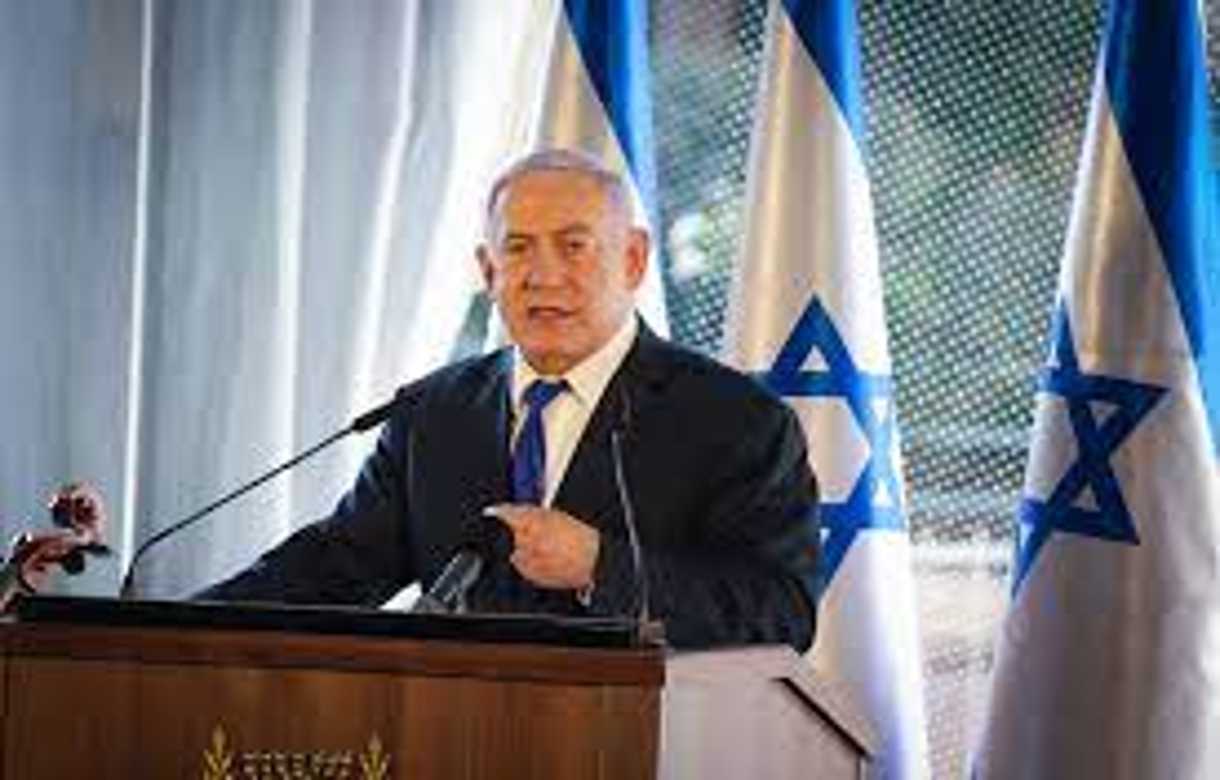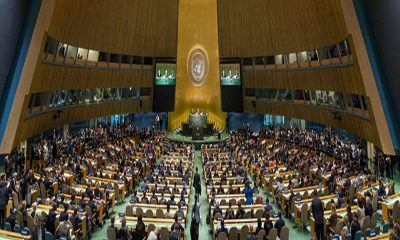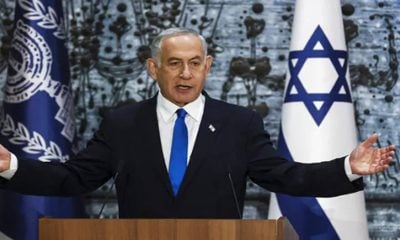Latest world news
Hamas threatens to hang one hostage every time Israel hits Gaza civilians, Netanyahu warns of strong response
Prime Minister Benjamin Netanyahu declared war on Hamas and said that the militant group has taken hostage, burned and killed children.

Latest world news
PM Modi and Netanyahu pledge deeper defence, trade ties during Israel visit
PM Narendra Modi and Benjamin Netanyahu pledged to deepen defence, trade and connectivity ties during Modi’s visit to Israel, with missile deals and IMEC discussions on the agenda.
Latest world news
Canada softens stance on alleged Indian interference ahead of PM Carney’s India visit
Canada appears to ease its earlier allegations of Indian interference as PM Mark Carney heads to India to strengthen trade and strategic ties.
Latest world news
PM Modi reaffirms support for Israel, recalls 26/11 victims in Knesset address
Addressing Israel’s parliament, PM Narendra Modi reaffirmed India’s support for Israel, condemned terrorism, and recalled the 26/11 Mumbai attacks.
-

 India News19 hours ago
India News19 hours agoMK Stalin predicts frequent PM Modi visits to Tamil Nadu before assembly election
-

 Latest world news18 hours ago
Latest world news18 hours agoIndia eyes Rs 8,000 crore mid-air refuelling aircraft deal as PM Modi begins Israel visit
-

 Latest world news4 hours ago
Latest world news4 hours agoPM Modi reaffirms support for Israel, recalls 26/11 victims in Knesset address
-

 Latest world news4 hours ago
Latest world news4 hours agoCanada softens stance on alleged Indian interference ahead of PM Carney’s India visit
-

 India News4 hours ago
India News4 hours agoPM Modi crosses 100 million followers on Instagram, first world leader to achieve milestone
-

 Latest world news4 hours ago
Latest world news4 hours agoPM Modi and Netanyahu pledge deeper defence, trade ties during Israel visit
-

 India News4 hours ago
India News4 hours agoOver 5,000 tribals join BJP in Assam’s Goalpara ahead of elections
















